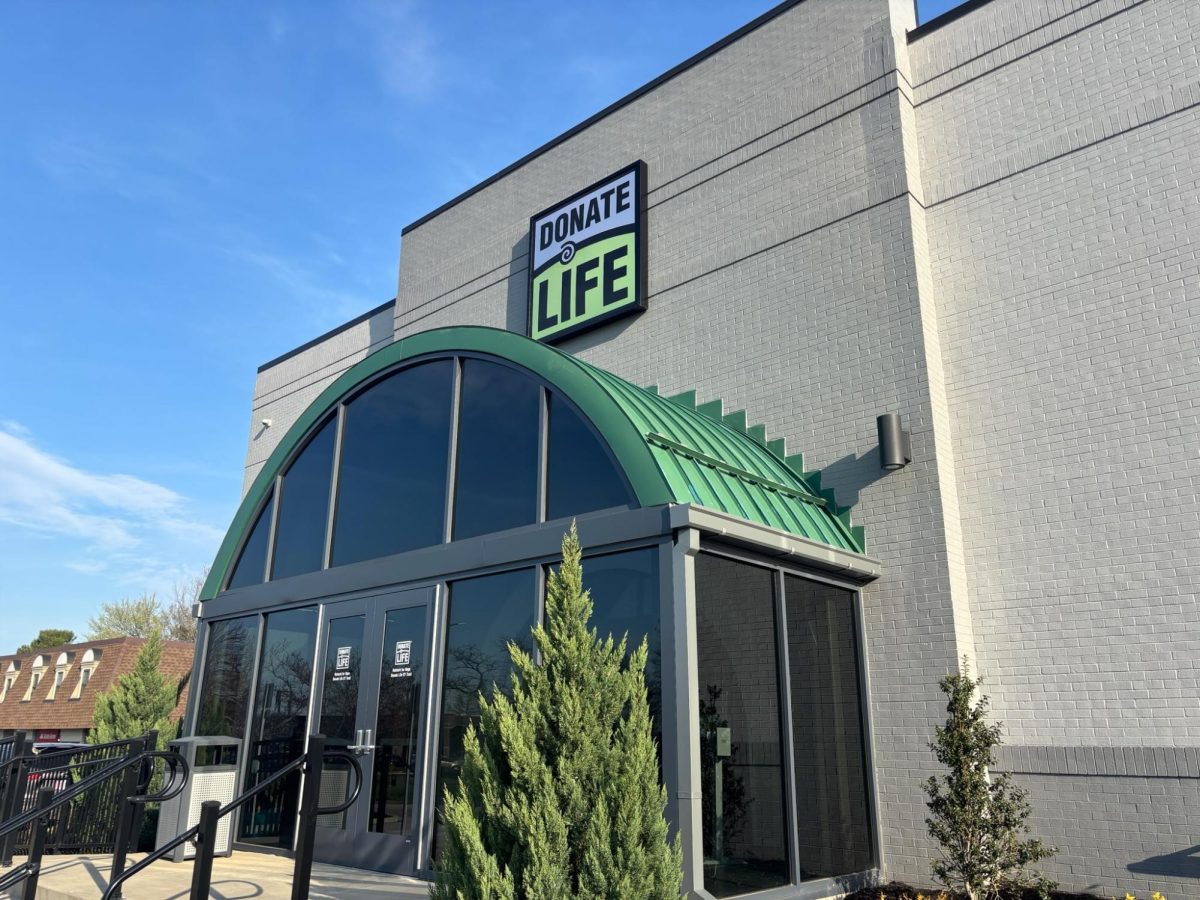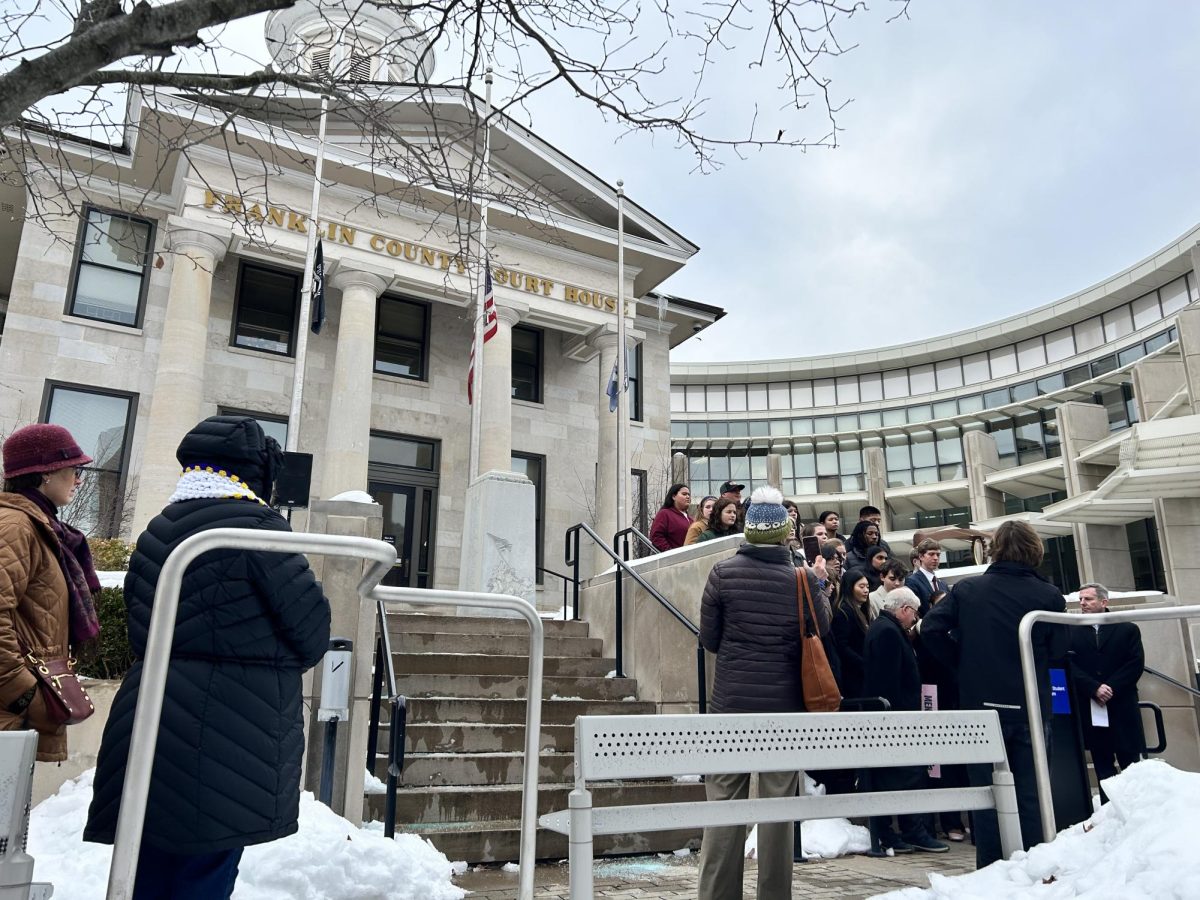A group of Kentucky teachers is planning to file a lawsuit against Governor Steve Beshear and the Kentucky General Assembly which would seek to recover lost pension funds from the Kentucky Teachers’ Retirement System (KTRS).
As of Aug. 12, the KTRS is underfunded by approximately $14 billion, or about 51.9 percent. New pension accounting standards implemented by the Government Accounting Standards Board will raise this to $22 billion sometime this year.
Approximately 146,000 teachers are members of the KTRS, a subset of the state government that was created in 1938 to provide pension benefits to teachers. Teachers regularly allot a portion of their salary to the fund, and the state is expected to make annual contributions.
The state legislature has not set aside the required pension money since 2008.
According to Chris Tobe, former board member of Kentucky Retirement Systems and author of “Kentucky Fried Pensions”, if the state continues to fail to contribute to the retirement fund, it will be depleted by 2036.
“I would hope that teachers will take this seriously. The clock is ticking and the level of funding is declining,” said Dr. Randy Weick (Social Studies). “We are only at 42 to 43 percent funding, and there is a grand wave of teachers who are set to retire. I don’t know how to stress it any more firmly.”
Dr. Weick is one of the founding members of the Teacher Retirement Legal Fund (TRELF), a nonprofit dedicated to ensuring that the Kentucky Teacher Retirement Contract is upheld and that the government contributes regularly to KTRS.
“The basic contention here is that our contract, which is protected under the U.S. Constitution against impairment, is being impaired,” Wieck said. “The problem is that teachers in Kentucky–and there’s 146,000 teachers, retired and active–are woefully uninformed about the gravity of the situation. It seems that some teachers want to deny that there is a problem.”
The Jefferson County Teachers Association has decided to abstain from participating in the lawsuit, leaving the case solely to the teachers.
“As individuals, [the teachers] can certainly choose to do what they want,” said Brent McKim, president of the JCTA. “As an organization, the thirty members of our JCTA Board of Directors took an official position that we’re opposed to a lawsuit.”
Some teachers are not fully confident that a lawsuit will be successful.
“I don’t disagree with the problem. I just don’t necessarily think that a lawsuit from the teacher’s union is the best way to go,” said Mr. Tim Holman (Social Studies) “You have to show harm in order to sue somebody. For example, if you’re at Kroger, and someone hits you with their car, you have the right to sue them. It’s a little bit of a problematic situation with respect to the retirement in that nobody has suffered harm yet…To win the suit, the judge would ultimately have to say that there is no present harm, there is the potential for future harm, and there is no potential for legislative rectification of that harm in the interim. I see that as being very unlikely.”
Holman emphasized that he fully supports the group of teachers suing independently, but he believes that a union lawsuit would be too costly for such a low chance of success.
Kentucky’s underfunded pension fund is representative of a growing national trend. The National Council on Teacher Quality estimates that U.S. teacher pension funds have almost $325 billion in unfunded liabilities. Forty one states currently have insufficiently funded teacher retirement systems.







Dr. Randolph Wieck • Oct 22, 2014 at 8:18 am
THANKS to Manual RedEye for representing both sides of this issue. However, make no mistake: every time the KY legislature passes a budget that damages the Teachers’ Pension through underfunding, it is violating Section 19 of the KY Constitution; Article 1, Section 10 of the US Constitution; and paragraphs 161.420, 161.714 of Kentucky Revised Statutes. This is according to TRELF’s legal and financial experts, and is not uninformed opinion.
These laws were put in place just for this purpose: to protect the Teachers’ Pension as an inviolable contract which cannot be reduced or diminished through damage. The concept that harm must first be sustained to file a suit is misinformed; it is a red herring: harm is done by underfunding, and new debt (bonds) is not the answer. Kentucky currently has a credit rating of AA- (double A negative), tied for the bottom with Arizona. More debt sidestepping the problem.
Mr. McKim and Mr. Holman are not objective observers: Mr.McKim has been in office for 14 years and would aspire to national NEA office; Mr. Holman’s wife is on the JCTA payroll as of February, 2014. Neither can risk rocking the JCTA boat through an honest effort to save the Teachers’ Pension. Let us not forget Mr. McKim called out the Sheriffs at the May 19 JCTA union meeting to block any discussion by the other side’s attorneys (TRELF) of the merits of a suit. Subsequently, at a hastily called meeting on June 23, with KTRS present, an uninformed JCTA Board voted to block further discussion or support of the issue. These are Jimmy Hoffa-style tactics.
Indeed, if Mr. Holman does not disagree with the problem, let him attend one of TRELF’s meetings and inform himself; better yet, he can contribute to TRELF at http://www.kentuckyteacherretirement.weebly.com The effort to save the Teachers’ Retirement is not furthered by mere lip service.
NEA affiliates are suing in New Jersey and Illinois. Why not Kentucky?